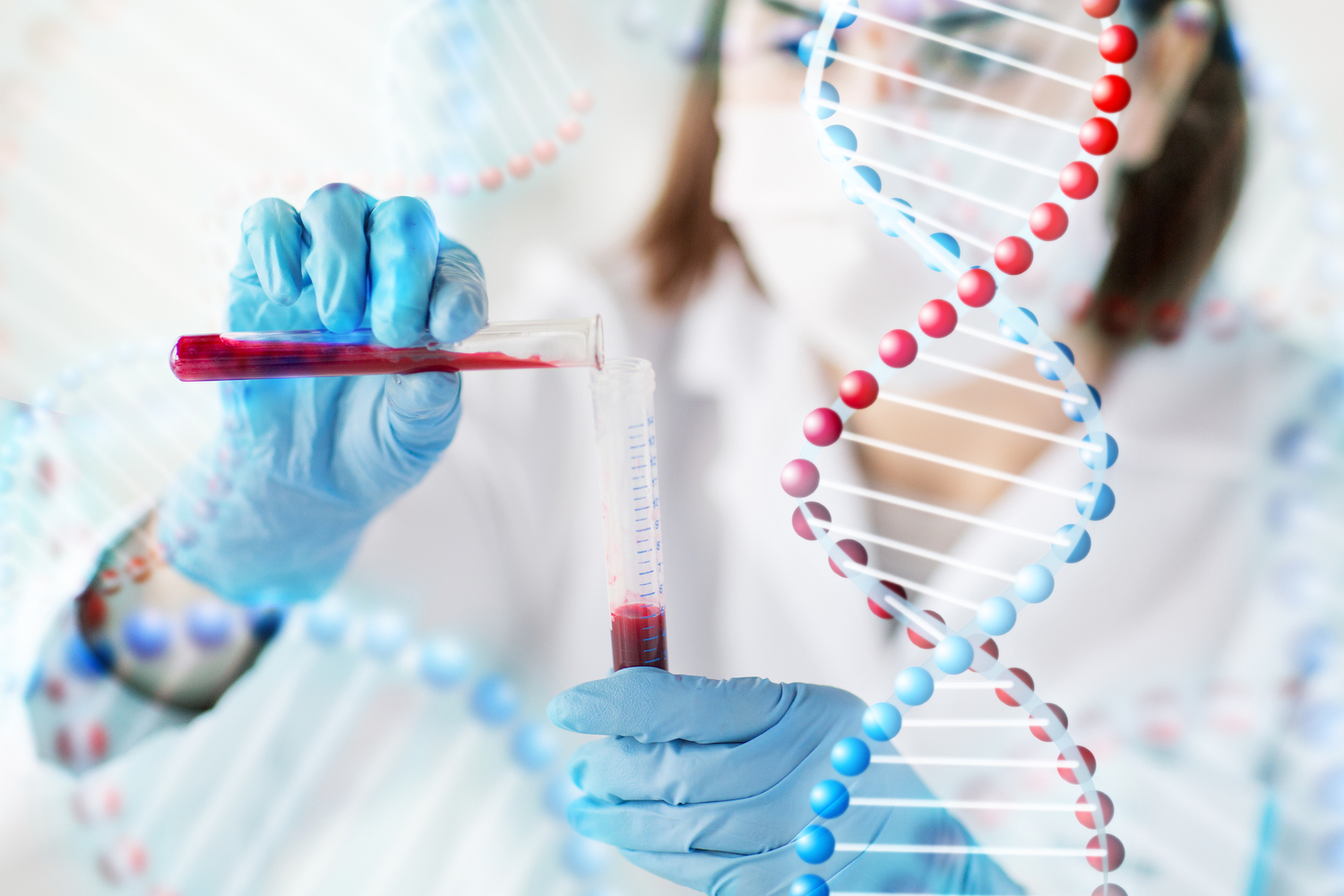Here’s Why You Should Get Your DNA Tested
DNA, or deoxyribonucleic acid, is a polymer containing information essential to build and maintain all the internal functions of the body. DNA is inside every cell in the body; it is the blueprint of a person since it contains all the information needed to build other cellular components such as RNA molecules and proteins. Additionally, there are certain segments of the DNA that carry genetic information known as genes. This genetic information comprises heritage and can often reveal whether a person is at risk of certain diseases. This is where DNA testing comes in.
DNA testing, or genetic testing, can be used for the diagnosis of genetic disorders, determination of genetic mutation, and examination of the risks of genetic diseases.

Why get a DNA test?
Apart from figuring out potential genetic disorders, there are multiple reasons to get your DNA tested. They are:
- Learning about one’s ethnicity
Often, many of us tend to ask ourselves about our ancestry or ethnicity. Questions such as “Where did I come from?”, “Am I partly Italian?”, or “Do I have Irish genes?”, may sometimes pop up in our head.
The solution to finding the answers to these questions is quite simple—get a DNA test done. With a DNA test, anyone can find out their ethnic origins, dating back to nearly 500-1000 years or even more. This is done by comparing the DNAs from multiple regions around the world. After the comparison, an estimate is given to which region the DNA matches up with. This estimate is generally based on the genetic research and DNA database of the company that undertakes the DNA testing.
- Unraveling family trees
A DNA test can help one learn more about their family tree. The combination of DNA and family tree helps us answer queries about who we really are. Everyone inherits DNA in a unique way; 50 percent of DNA is inherited from the mother and the other 50 percent from the father.
This is why the results are quite unique for each person, so much so that even siblings don’t have the exact same set of DNA results. Thus, a DNA test can help to discover long-lost cousins and even distant relatives. Many DNA test providers have online family tree tools, where one can build their own family tree or connect with those who match their genetic makeup.
- Leaving behind a legacy
One of the wisest financial decisions one can make in their lifetime is leaving behind a will. This will ensure that one passes on family heirlooms and financial assets to family and descendants. Along with this tangible legacy, it is also possible to pass on a genealogical test after one’s death.
One can allow one’s DNA test to be stored in any of the main DNA testing site databases. This will let anyone with matching genes connect with someone who has a similar DNA. People across time and geographical locations can connect with one another to form an extended family tree or even to learn about their ethnicity.
- Establishing paternity
Apart from establishing one’s family tree, revealing one’s ethnicity, and making people aware of an inherited medical condition, DNA testing is also often used to establish paternity. This is ideally used in cases of obtaining child support or in cases involving the right to visit a child. Paternity tests are also done to establish parentage in cases of adoption and immigration. Since the DNA is a combination of an individual’s parents, the genetic structure can be used to estimate the parentage of a child to nearly 99.9 percent probability.
How is a DNA test done?
Usually, genetic testing is conducted as part of a genetic consultation. The test is ordered by a medical geneticist, specialist, primary care doctor, or nurse practitioner. The test can be done on a sample of skin, hair, saliva, blood, amniotic fluid, and even other tissues. One of the most common ways to collect a DNA sample is through a cheek smear test or buccal smear. This involves using a cotton swab or small brush to collect a sample of cells from the inside of the cheek’s surface.
The sample is sent to a laboratory to check for particular changes in proteins, DNA, and chromosomes. The tests are done based on the genetic disorder the person is suspected of having. In some cases, a general test may also be done if it is unknown what genetic mutation a person might have. Before doing a genetic test, it is important to have informed consent.
Informed consent is the process of educating a person about DNA testing and getting the necessary permission from them. Before agreeing to go through genetic testing, a person must fully understand the testing procedure, the advantages and the limitations of the test, and the probable consequences of test results.
Benefits of DNA testing
One of the benefits of DNA testing is that it provides a window to the past, present, and future health. This gives the power of maintaining one’s well-being. Now, DNA testing has become quite easy due to the increasing number of genetic laboratories everywhere. One just has to order a kit online from a laboratory offering DNA testing. Once a DNA sample is collected and mailed to the lab, the results will be received in a few short weeks. These results will serve all the benefits of DNA testing, right from knowing about one’s ancestry to health. From the health perspective, it is important to note that DNA testing is beneficial only when the results are shared with a medical practitioner who has expertise in genetics.

